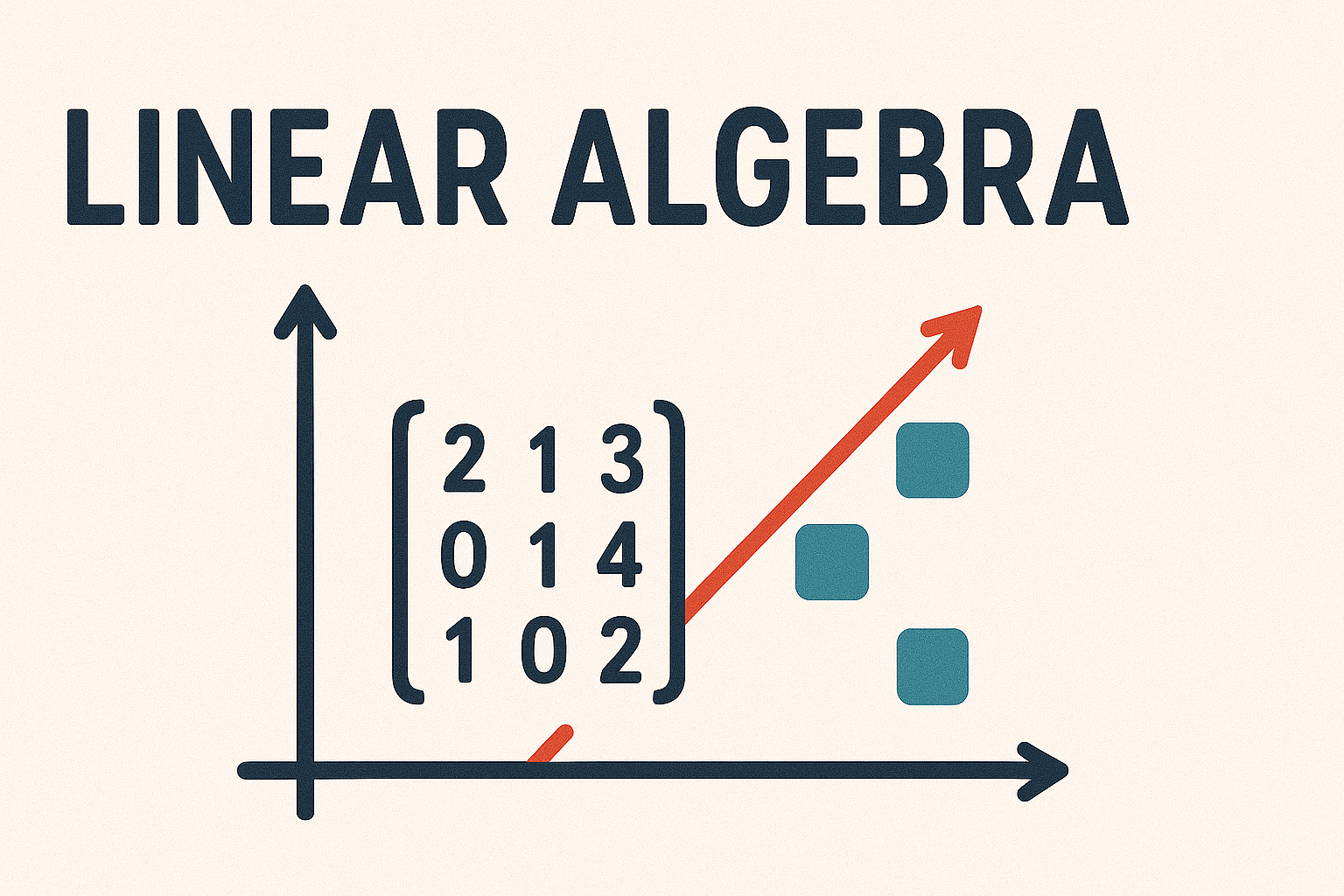4. Co-ordinate Geometry#

Fig. 4.1 René Descartes (1596 - 1650)#
The area of mathematics dealing with describing geometry in terms of co-ordinate systems, hence as points and vectors, is called co-ordinate geometry or Cartesian geometry (named after French mathematician and philosopher René Descartes). In this chapter we systematise the basic knowledge and understanding of points, lines and planes.
4.1. Points#
In his works the Elements, Euclid described a point as “that which has no part”. A point has position only, it has no length, width or thickness, and thus no area or volume. A typical point in \(\mathbb{R}^n\) is described by its co-ordinates \((a_1,a_2,\dots,a_n)\), where the \(a_i \in \mathbb{R}\). We also think of \(\mathbb{R}^0\) as a single point, this might seem a bit strange because what does a \(0\)-tuple even mean? However, it makes sense for us to adopt this standard convention.
Fig. 4.2 The position of a point in \(\mathbb{R}^3\) can be defined by its co-ordinates \((x, y, z)\).#
